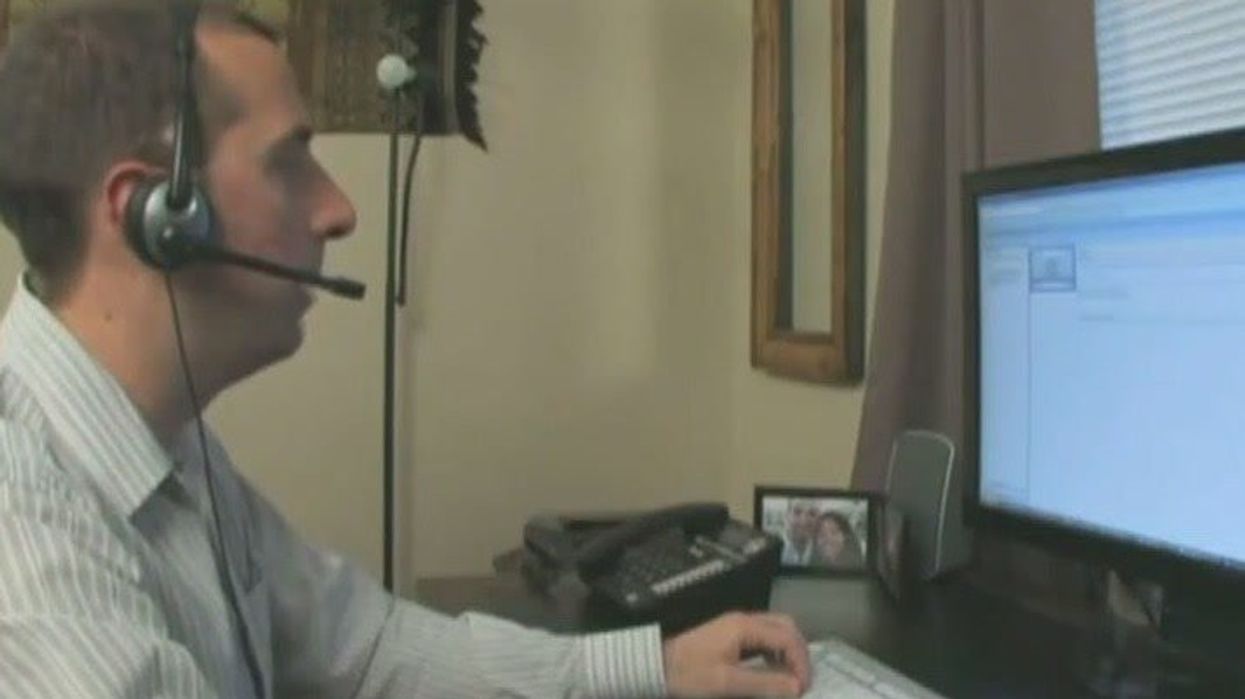Lately, some companies have told staff to return to the office to work full time putting an end to the flexible remote and hybrid working we've been used to over the past few years.
Examples of businesses that have requested employees to return to the office include Amazon, THG, Barclays Bank, and Boots.
Due to the changing attitude towards working from home which was first introduced worldwide due to the Covid pandemic back in 2020, five years later people are wondering if their workplace will be next to reverse this.
ONS data also highlights this trend, since between 22 May and 2 June 2024, only 14 per cent worked from home compared to 38 per cent in June 2020, while 26 per cent both travelled to work and worked from home in a hybrid arrangement, as reported by Forbes.
A few reasons employers give as to why working full-time in the office is better is that it creates better communication, improves productivity, and allows more collaboration to happen.
But behavioural expert Scott Taylor from Australia - a country which has also seen a similar shift in the workplace - reckons “lazy workers” and a lack of productivity isn't the real reason why workers are being asked to return to the office.
Instead, the founder and CEO of Praesidium Risk and Resilience, believes it's down to “bad managers” who lack leadership and communication skills.

“When a manager says, ‘I need you to come back to the office,’ what they’re really saying is, ‘I lack the ability to work with you remotely.’ It reflects their skills, not your productivity,” he said in an interview with news.com.au.
“When working from home, managers seem more worried about ergonomic chairs and cybersecurity than what really matters. We’ve skipped the basics: influence, impact, and connection. All of these come through effective communication.”
Taylor went on to note how employers should think hard about the reason they're requesting staff return to the office before making that decision and says there should be "concrete evidence" that it will improve workability.
“Self-reflection is a very powerful tool, and there is a lot of merit in working through the pros and cons of the hybrid model rather than making rash decisions,” he said.
“Genuine productivity concerns should be measurable and specific. If remote work has indeed impacted business outcomes, there should be concrete evidence: missed deadlines, declining sales, or diminished client satisfaction.
“Without such tangible indicators to support the push to return to the office, there will likely be a lack of ability to connect and motivate employees.”
Meanwhile, the expert advised employees to be "open and respectful, not demanding" in conversations with their boss if they are not meeting eye-to-eye on this matter to find that "middle ground".
He also recommended that workers collect evidence that remote working has been successful for them such as positive client feedback, and meeting deadlines and performance targets.
How to join the indy100's free WhatsApp channel
Sign up to our free indy100 weekly newsletter
Have your say in our news democracy. Click the upvote icon at the top of the page to help raise this article through the indy100 rankings













